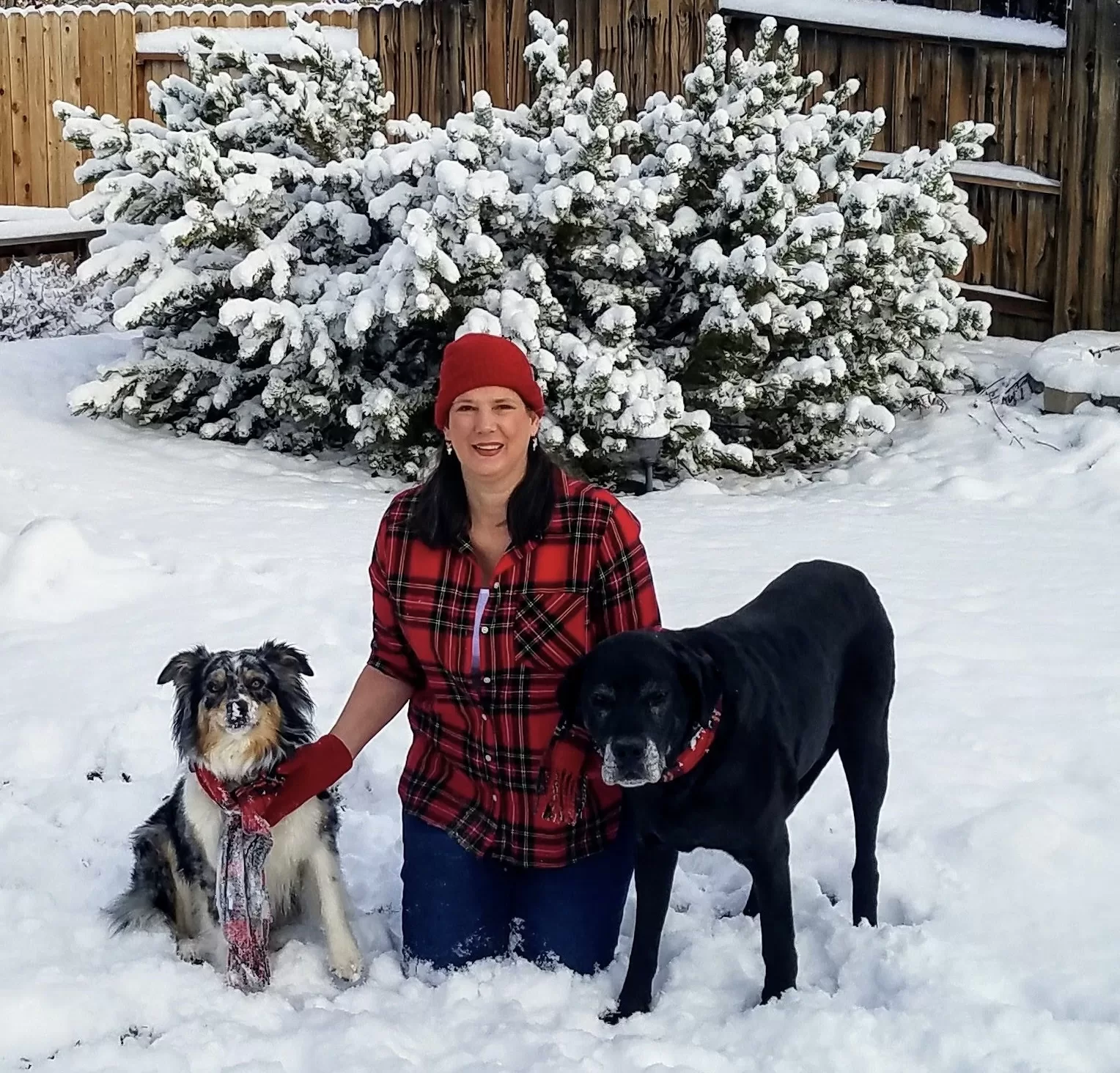As dogs enter their golden years they offer a special kind of companionship. Whether you’ve had your dog since puppyhood or are considering adopting a senior, understanding their unique needs will help you provide them with a comfortable and happy life.
Samson was the last senior dog I had, living to the remarkable age of 12—a long life for a Great Dane mix. Looking back, I often wonder if, with the knowledge I have now, he might have lived even longer or at least enjoyed a better quality of life in his final years.
When Is a Dog Considered a Senior?
Most people are surprised to find out that a dog is considered a senior when it reaches half the age of their expectant life span.
The age at which a dog is considered a senior varies by breed and size. Smaller breeds (under 20 lbs) tend to live longer and may not be considered seniors until around 10-12 years old. Medium-sized dogs (20-50 lbs) reach senior status around 8-10 years, while large and giant breeds (over 50 lbs) can be considered seniors as early as 6-7 years old.
Common Health Concerns in Senior Dogs to look for…
Just like people, aging dogs face certain health challenges. Being aware of these issues allows you to catch signs early and help your dog live their best life.
Arthritis & Joint Pain: Many older dogs experience stiffness, especially in the morning or after resting. Joint supplements such as Omega 3’s, glucosamine and collagen can help. Orthopedic beds can help them be more comfortable and gentle exercise can help keep them more active.
Vision & Hearing Loss: Some senior dogs develop cataracts or hearing impairment. Keeping their environment consistent and using hand signals can make daily life easier.
Dental Disease: Tartar buildup, gum infections, and tooth decay can lead to pain and difficulty eating. Regular dental care, including brushing and professional cleanings, is important.
Cognitive Dysfunction (Doggy Dementia): Symptoms include confusion, disorientation, restlessness, and house accidents. Mental stimulation, a proper diet, and medications can help slow progression.
Weight Management: Some senior dogs gain weight due to lower activity levels, while others may lose weight due to underlying health issues. A balanced diet and proper portion control are key.
Caring for a Senior Dog: How to Keep Your Senior Dog Happy & Healthy
1. Regular Veterinary Checkups-
Senior dogs should have vet visits at least twice a year for routine bloodwork, dental exams, and health screenings.
Catching issues early can greatly improve their quality of life.
2. Proper Nutrition-
Feeding a senior-friendly diet helps support joint health, digestion, and brain function.
Look for food with omega-3 fatty acids for joint health, Antioxidants for immune support, Fiber for digestion, and higher-protein diets.
3. Gentle Exercise & Mental Stimulation
Older dogs may slow down, but they still need regular movement and mental engagement.
Short, frequent walks help maintain mobility without overexertion.
As an owner, massaging your dog and incorporating stretching and mobility exercises can keep them active and comfortable for years to come.
Sniffing activities keep their minds sharp—smell is the last sense to decline.
Puzzle toys and scent games provide mental enrichment.
4. Creating a Comfortable Home
Small changes can make a big difference in your senior dog’s comfort.
Provide orthopedic bedding to relieve joint pain.
Use ramps or stairs to help them get onto couches or into cars.
Keep their environment well-lit if vision is deteriorating.
5. Grooming & Hygiene
As dogs age, they may need extra help with grooming.
Brush them regularly to prevent matting.
Check their nails, ears, and teeth often. Seniors do not wear their nails down like younger dogs, and that can lead to longer nails that can alter their posture and cause joint pain.
I also have to answer that age-old questions YES, old dogs can learn new tricks. I have trained many in their old age.
I hope this gives you some tips on helping your dogs who become seniors. I am always happy to share the knowledge I have attained with others. I know we all would agree with this Author.
Dogs’ lives are too short. Their only fault, really.” – Agnes Sligh Turnbull

